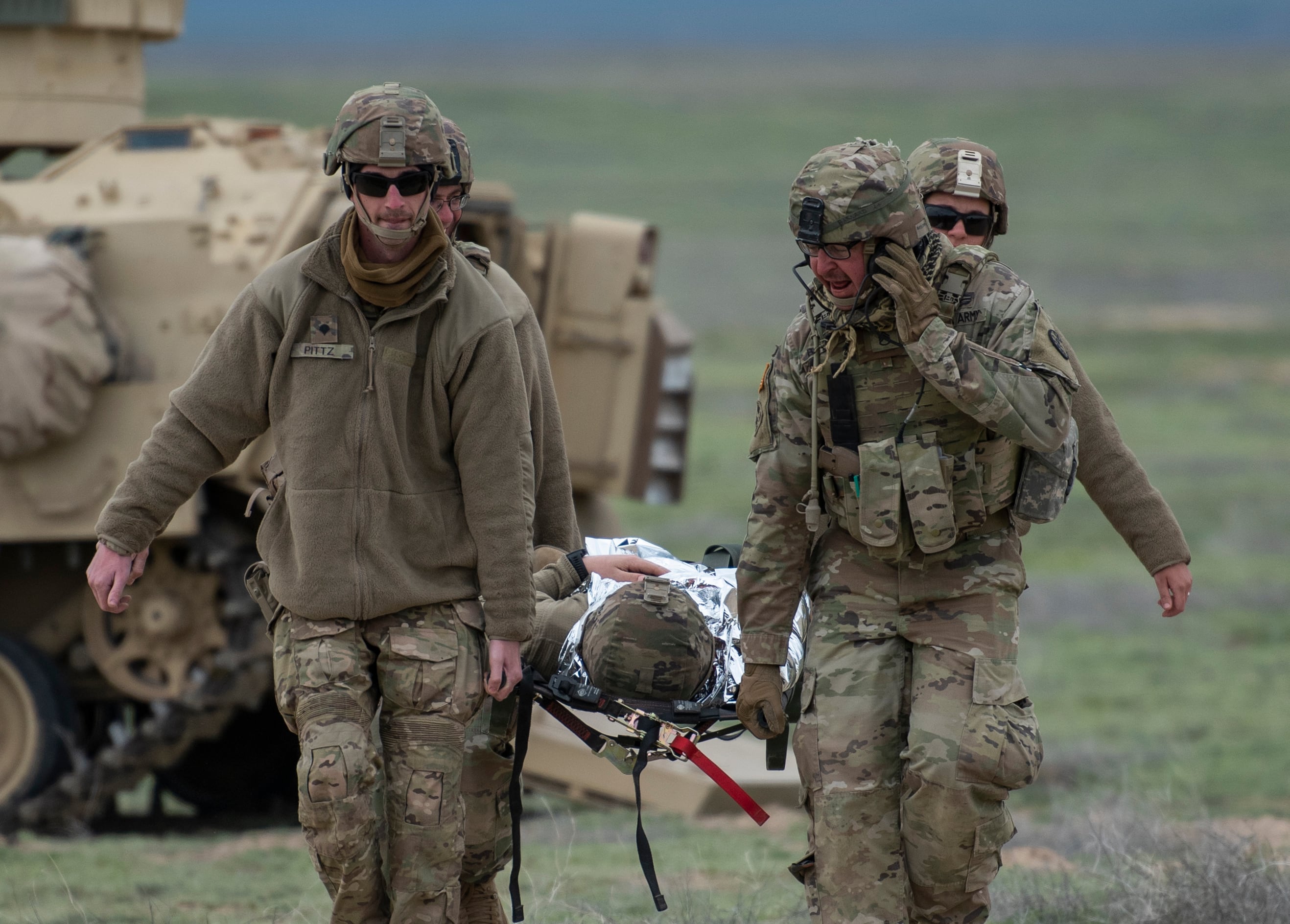Cyber skills are an increasing part of the Air Force Academy's curriculum, said Superintendent Lt. Gen. Michelle Johnson.
"We've got a malware mapping depiction on my wall in my office, Johnson said in an Aug. 26 interview. "The modern profession of arms includes malware cyber forensics to track segments of malware in different networks. This has got to be part of our parlance."
All cadets are required to take computer science as freshmen, Johnson said. The academy has also created a cyber network operations major, and the cyber competition team takes part in contests.
The academy is the "No. 1 research institution for an undergraduate college" with 19 research centers and two institutes, including an anti-malware laboratory sponsored by the Homeland Security Department, she said.
"With a partnership with the Intel Corporation, the cadets are researching the providence, the identification and the block-return-oriented programming of malware on closed networks to really understand this," Johnson said.
To expand on the laboratory's efforts and conduct broader cyber innovation, the academy hopes to stand up an Air Force Cyber Innovations Center by the fourth quarter of fiscal 2016, she said.
"We're going to combine cadet creativity, faculty expertise and industry know-how to solve some of the toughest challenges facing our Air Force and our nation in the cyber domain," Johnson said.
Other public-private partnerships are helping the academy develop "inclusive and agile thinkers" by tackling complex problems, Johnson said. In one such project, cadets are developing an autonomous robot that can examine infrastructure via sewer pipes.
Part of enhancing cadets' critical thinking skills is looking at different ways of delivering information, such as having cadets view lectures online in the evening so they can do hands-on work during class, she said.
"I did an op-ed recently in the [Colorado Springs] Gazette that talked about sitting there with my 12-year-old twins and their Legos and how what we need from our cadets is to be able invent things and use the materials at hand in new and unique ways without any instructions," Johnson said.
One of the Air Force's priorities is making sure the Air Force Academy recruits a diverse spectrum of cadets. The academy looks to recruit cadets from congressional districts across the country in the hopes of getting people from different ethnic backgrounds, Johnson said.
"Diversity takes many forms," she said. "Overall we are really trying to get to a culture of commitment to the core values and a climate of respect for any person's ethnicity, sexual orientation — the dignity of us all. There's a professional diversity that we need to have. This is a team sport and people need to be able to listen to each other regardless of what they look like or what their experiences have been."
Women comprise 27 percent of the Class of 2019, and Air Force Secretary Deborah Lee James ultimately wants 30 percent of the academy's pool of applicants to be women, Johnson said. However, the academy cannot specifically recruit women and minorities.
"Because of the nature of our legal guidelines, we cannot target a protected class of people but we certainly want to make sure young people from all walks of life know what their opportunities are here," she said.
"At the end of the day, our mission is to produce academy graduates who are effective military officers and leaders and educated citizens for our nation [who are] proud of their accomplishments yet without hubris; competent, yet with the humility to listen; resilient to conquer adversity and emerge stronger; with respect for human dignity within themselves and others," she Johnson said. "If we can produce graduates like that, they can go out and have this adaptive, innovative thinking that is going help support our Air Force for the next 20 to 30 years."





